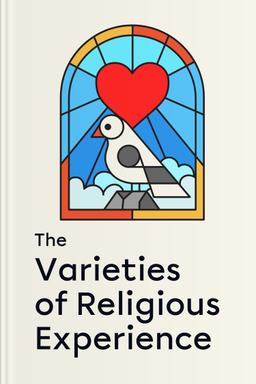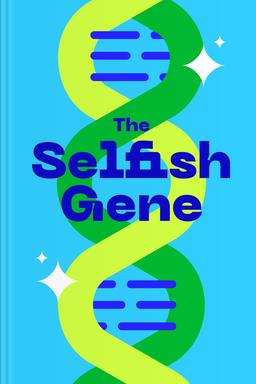What is The Moral Landscape about?
This thought-provoking work explores the intersection of science and morality, arguing that ethical values can be grounded in understanding human well-being. The author contends that moral questions are not solely philosophical but can be informed by scientific inquiry. Through compelling reasoning, the book challenges traditional notions of morality, suggesting that as humanity progresses in knowledge, it can develop a clearer framework for determining right and wrong based on empirical evidence.
Who should read The Moral Landscape
- Philosophy enthusiasts seeking science-based morality insights.
- Psychology students interested in the ethics of human behavior.
- General readers curious about the intersection of science and morality.
What is The Varieties of Religious Experience about?
This seminal work explores the complexities of religious experiences from a psychological perspective. By analyzing personal accounts of spirituality, belief, and faith, it delves into the diverse ways individuals find meaning and connection to the divine. The author draws on both empirical research and philosophical inquiry, highlighting the profound influence of personal belief systems on human behavior and consciousness.
Who should read The Varieties of Religious Experience
- Philosophy students exploring religious psychology.
- Spiritual seekers examining diverse faith experiences.
- Psychology enthusiasts interested in spirituality and belief systems.
What is The Selfish Gene about?
This thought-provoking work explores the concept of evolution from the perspective of genes, proposing that they are the fundamental units of natural selection. Through compelling arguments and engaging examples, it examines how genes influence behavior and social structures, challenging traditional views of altruism and competition. Dawkins introduces the idea of the 'selfish gene' as a driving force behind evolutionary change, reshaping our understanding of biology and human nature.
Who should read The Selfish Gene
- Biology students eager to understand evolution.
- Readers interested in genetics and natural selection.
- Philosophers contemplating the implications of evolution.


